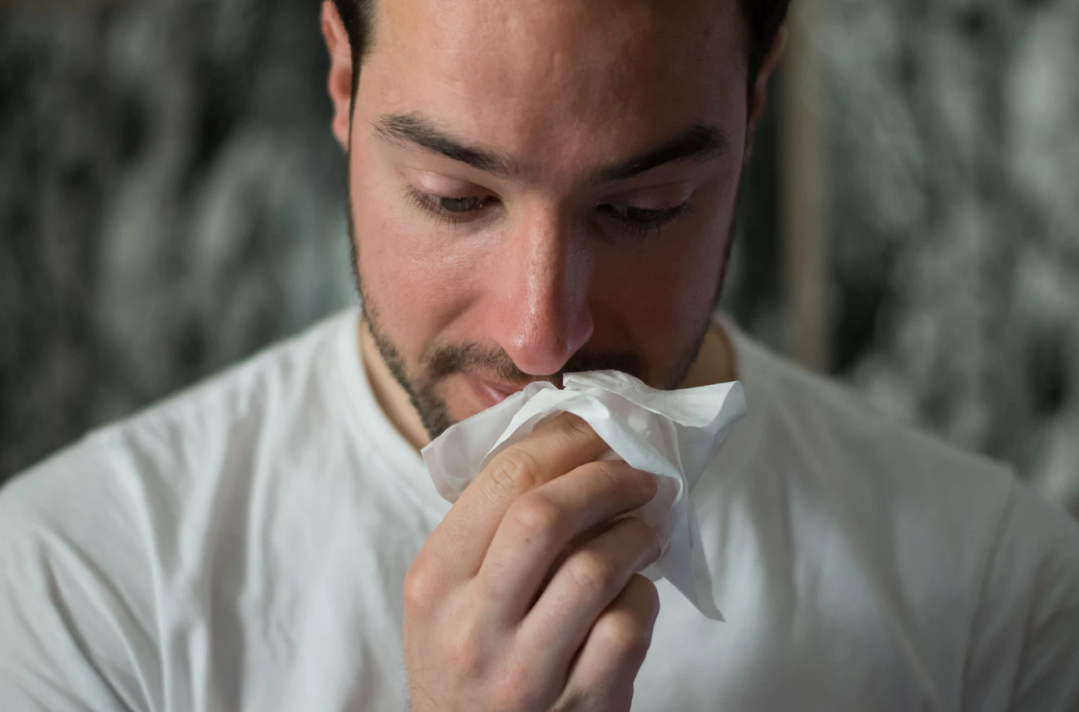What’s Causing those Springtime Allergies?

Amid the COVID-19 crisis, we’ve also entered spring season, which means there are going to be a lot of people sniffling and sneezing even when quarantined, social distancing, or isolating at home.
This isn’t a reason to panic, especially if you’re used to dealing with allergy season year after year. But have you wondered what truly causes these allergies to begin with?
There are different causes and factors that result in those puffy eyes and runny noses, leaving you gasping for breath. Most commonly, they are:
· Tree pollen
Tree pollen is the most common cause of outdoor allergies during springtime weather. The pollen produced by trees is the primary allergen that makes you cough, sneeze, or breakout since they’re coming into bloom.
· Mold
Although mold tends to cause allergies all through the year, they tend to get worse with spring and monsoon. Mold contains spores that are the primary allergen here, which is why you’re likely to feel sicker when you’re around the outdoor or indoor mold. These spores land on surfaces, attaching and growing rapidly to form a mold that acts as an irritant and increase in warmer spring weather.
The Signs Of Mold Allergy
Mold allergy is easy to identify because it is typically marked by symptoms similar to those of other allergies.

You’re likely to experience intense irritation in the eyes, a runny nose, sneezing, itching, swelling and inflammation, irritation in the roof of your mouth, and several other symptoms that can vary from person to person.
The more severe symptoms include:
· Anaphylaxis
This is an incredibly severe reaction that certain individuals might have, especially those with compromised immunity and sensitivity. If you break into hives, experiencing shortness of breath, dizziness, fainting, or any of the symptoms listed here, seek medical attention immediately.
· Rhinitis and Sinusitis
These are allergies of the nasal cavities and sinuses that can also be triggered by dangerous mold spores, making it difficult to breathe through the nose, headaches, and dizziness, among other issues.
· Asthma
Asthma affects the lungs and makes it difficult or nearly impossible to breathe if an attack occurs, and it’s crucial to have medication within reach. Mold can worsen congestion and asthma, which leaves those with the condition vulnerable.

For those living in houses with mold, and at the risk of developing health issues as a result of it, you should take immediate action before things get out of hand. We offer mold remediation in Steamboat, CO. Get in touch with our team to know more.